The chemistry of mentorship
Making connections from the small scientific community of Costa Rica to a global network of peers
The summer I became a science journalist
Mason Wakley on being a science writer intern at the Royal Society of Chemistry
Is it cold in here?
Labs in Delhi, Aberdeen and Arizona will have different ideas of ‘room temperature’
Crispr therapies will change medicine but there will be challenges along the way
The first treatments making use of Crispr gene editing may suffer some early hiccups
Carbon border taxes may do more harm than good
Industry argues UK proposals are flawed and will not promote decarbonisation
To PhD or not to PhD? That is the question
Trump’s attack on science is shaking industry’s foundations
Three centuries of Roman limescale reveals a dirty secret about Pompeii’s public baths
Alexandra Navrotsky: ‘I don’t think you attract people to science by big initiatives’
Plastic recycling’s perfect storm
The lost treasure of electron microscopy
Unpublished images should be brought to light to aid science communication and speed up discovery
My arcane and curious connection to metal-organic frameworks
Fernando Gomollón-Bel uncovers a link between his hometown and the 2025 Nobel prize in chemistry
Beyond selfies with Nobel laureates
Why young scientists must lead a new era of global collaboration
Our columnists
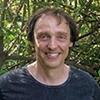
Philip Ball is an award-winning journalist, author and broadcaster who explores the history and philosophy of chemistry
Three centuries of Roman limescale reveals a dirty secret about Pompeii’s public baths
Carbon isotope ratios suggest that pre-aqueduct, the water was often contaminated with human waste
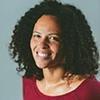
Raychelle Burks is an associate professor in the US and an award-winning science communicator and broadcaster.
An airborne exposure route for a serious kidney disease
Linking Aristolochia plants to aristolochic acid nephropathy
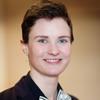
Nessa Carson is a synthetic organic research chemist based in Macclesfield, UK
Learning computational chemistry in a new role
A change of team brings new opportunities to build knowledge
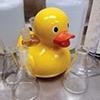
Chemjobber is a US-based industry insider, telling tales of tank reactors and organic obstacles
The art of hosting successful chemical plant visits
Hosting visitors is fun and requires a lot of preparation
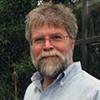
Derek Lowe is a medicinal chemist in the US, sharing wit and wisdom from a life spent in preclinical drug discovery
Is it cold in here?
Labs in Delhi, Aberdeen and Arizona will have different ideas of ‘room temperature’
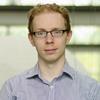
Chris Nawrat (aka BRSM) is a process chemist at a major pharmaceutical company in the US
(−)-Novofumigatonin
Oxidations abound in this satisfying synthesis, with a delicate nitrile hydrolysis to finish
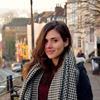
Vanessa Seifert explores philosophical issues from the novel perspective of chemistry
Democratising science, one step at a time
Artifical intelligence is just the latest method to open up chemistry to more people
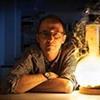
Andrea Sella is a professor of inorganic chemistry in the UK with a passion for unravelling the unlikely origins of scientific kit
Langmuir’s pump and the optimism of science
Creativity nurtured by an explorative environment
Research landscape
Some voices conspicuously silent when it comes to Trump’s science policies
Research-intensive universities have been targeted in an unprecedented and unrelenting manner since Donald Trump retook the White House on 20 January. In April, nearly a third of the 6000-plus members of the US National Academies of Sciences, which is a nonpartisan organisation charged with providing evidence-based science and technology advice ...
Drowning in a sea of fakery
Addressing rising fraud in the scientific literature is a huge issue that AI is set to exacerbate
Letters: September 2025
Readers discuss negative results, chemistry cold spots and more
What I learned from going back to university in my 30s
Advice for the young student (at heart)
Chemistry ‘deserts’ threaten to push poorer undergraduates out
Course and departmental closures in the UK are creating ‘cold spots’, leaving students high and dry
If the UK wants growth fuelled by R&D, universities need relief now
The spending review has left universities struggling with deficits with few options but to hope for good news
Normalising huge substrate scopes worsens wellbeing
And holds up the pace of scientific progress
Industry landscape
Is it cold in here?
Labs in Delhi, Aberdeen and Arizona will have different ideas of ‘room temperature’
Carbon border taxes may do more harm than good
Industry argues UK proposals are flawed and will not promote decarbonisation
Trump’s attack on science is shaking industry’s foundations
By dismantling scientific enterprise, the US risks ‘taking a hammer to our miracle machine’
Plastic recycling’s perfect storm
Pending policies that demand more recycling cannot offset problems of high costs and competition from cheap virgin polymers
Letters: December 2025
Readers highlight the cruelty of civet coffee, bid adieu to the Association of Public Analysts, and propose an alchemical Christmas gift
Profiles
Embodying polymer chemistry with a purpose by upcycling plastics and trapping PFAS
For Frank Leibfarth, focussing on reactivity and selectivity helps him bridge the gap between fundamental and applied research
Rethinking hydrogen peroxide production
Hydro-Oxy and Addible both aim to transform how industry produces and uses a ubiquitous oxidant.
Abigail Mortimer’s career in glassblowing
Since starting as a trainee 17 years ago, her collaborative creations have underpinned teaching and research at the University of York’s chemistry department
Abigail Mortimer’s career in glassblowing
Since starting as a trainee 17 years ago, her collaborative creations have underpinned teaching and research at the University of York’s chemistry department
Alexandra Navrotsky: ‘I don’t think you attract people to science by big initiatives’
The nanogeoscientist on the importance of people to good science, the recent turnaround on diversity, equity and inclusion and why she will never be a professional artist
Shedding light on how photoactive crystals respond in real time
Lauren Hatcher discusses her work developing techniques for time-resolved crystallography
Raj Shah: ‘A good laugh in the lab is often as important as a good reagent’
The award-winning chartered chemical engineer celebrates mentoring, curiosity and lubrication
A love story: a polymer chemist accidentally falls for rubber
Born in 1950s Moscow, Irene Yurovska faced major hurdles as a Jewish woman but rubber bounced into her life and changed its trajectory forever





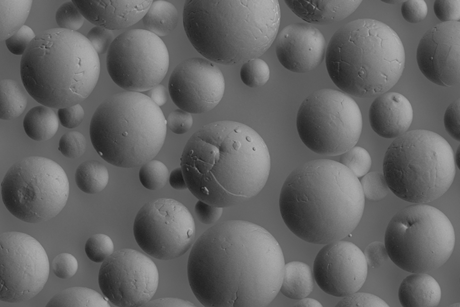

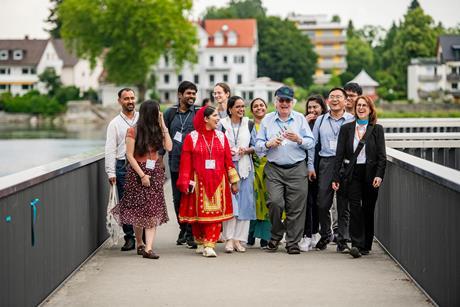







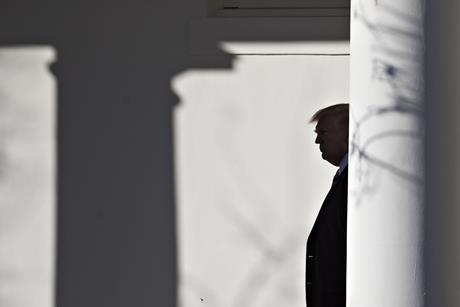
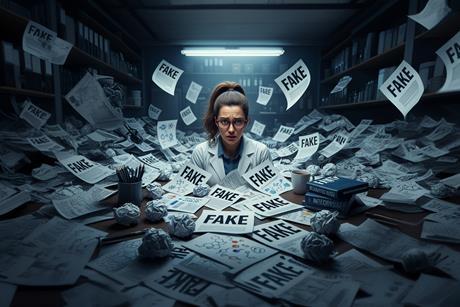





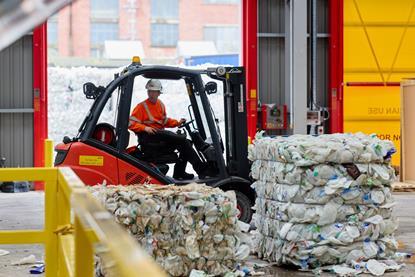




The summer I became a science journalist
By Mason Wakley
Mason Wakley on being a science writer intern at the Royal Society of Chemistry
I was almost robbed of my love for chemistry – but I fought my way back
By Anonymous chemistry student
An abusive lab member made my dream course a nightmare. By speaking up, I’m reclaiming my joy